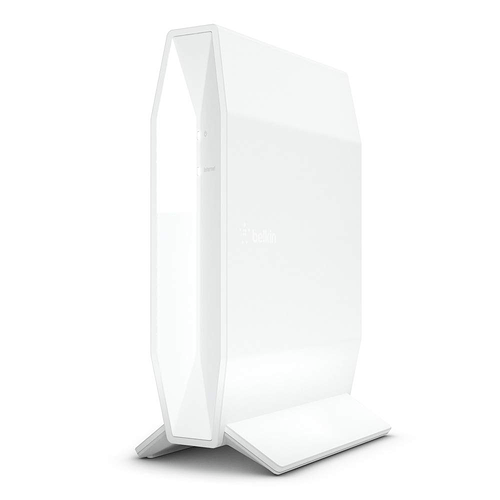Yeah, that's what I thought. Could a single LAN router connected to the switch allow multiple computers to access the internet simultaneously? Or does that need to be a router for all of that?
So there are two ways this can work:
a) the router has a single LAN port and an additional WAN port, be that ethernet or DSL or DOCSIS, ... in that case all you need to do is connect a switch to the LAN port to be able to connect multiple wired devices to the internet concurrently
b) the router has really only a single ethernet interface, in that case you could use different VLANs in combination with a managed switch (that allows ot configure VLANs) to run WAN and LAN traffic over the same ethernet port and have it "split" in the switch, where the WAN traffic gets steered towards the "modem" and the LAN traffic gets steered to a VLAN that combines other ports of the switch.
Generally a) is more performant, as in b) both WAN and LAN traffic share the same interface and can limit each other's achievable throughput (which tends to become a problem once the WAN/internet speed exceeds half the ethernet speed, so ~500 Mbps for gigabit ethernet*)
*) 1000Mbps is the gross rate for gigabit ethernet not the easily measurable goodput, which for many conditions is around 940-950 Mbps, the problem here arises if the WAN speed causes more than 500Mbps gross ethernet traffic.
That makes a lot of sense when I would see routers that do not have wireless only have one LAN output. I thought, what's the point? Why not correct straight into the modem then? But those devices are probably being used as the brains for a home network, connecting up to a switch to provide additional connections.
That, or users might be willing to add the missing interface to some other port, like an USB based mobile-modem, or an USB-based ethernet dongle....
For example the raspberry pi4B is relative popular in spite of only having one gigabit ethernet adapter, and many combine it with tp-link's ue300 usb3-2-gigabit-ethernet dongle (which seems reasonably okay), but that is not universal, a lot of folks dislike USB dongles (mostly for stability reasons) and will recommend to buy a SoC with >= 2 ethernet ports if routing is desired...
Yeah... I'll probably just get the Belkin, and explore more tailored solutions later on. I'll probably end up eventually doing an x86 home networking build with some integrated NAS and web server functionality, but not yet. I think that Belkin will do a decent enough job filling in for now. But eventually I will want to do something with a Pi or mini PC or something later.
One thing to consider is whether to consolidate everything on one physical host or distribute different functionalities over different hosts. For example occasionally one wants/needs to update the core router (or the VM host system) because of urgent security fixes, but at the same time rebooting a NAS might not be desired at the same time (e.g. when using fixed internal IPv4 addresses which makes the NAS still usable from internal hosts if the router is down/missing). Same for the webserver, if that serves external hosts, having this go down when the router does seems unproblematic, but if it also serves internal hosts (sauy for a wiki) this can be different.
Yeah, that's the kind of stuff I need to consider and work out. But I won't need that set up just yet, just for when I build my next gaming PC probably in late 2023 or 2024 which is going to focus on being smaller, on a mini ITX board with only the build in NVMe slots for storage, using the NAS and web servers to fill in remotely. So, that Belkin router to fill in between then and now will be sufficient, and even if I don't run everything off the same device, I will eventually switch to a more modular networking setup, probably based on one of the Celeron mini PC boards that have five gigabit ethernet ports built in and easily upgradable wireless modules.
I just remembered. I have a spare PC laying around, that doesn't really have the hardware specs to still be used as a general desktop today, with an old 2ghz quad core 64 bit AMD CPU and 2 gigs of RAM, with onboard video on a micro ATX motherboard. I could use that as the barebones of a home server. Micro ATX is a bit big to be used for networking, a bit power hungry too, but if I am integrating NAS and server functions into the build, it could actually justify the power consumption.
Realizing I haven't actually upgraded my internet plan in a while, my provider is offering gigabit internet... I'm tempted. I can afford it. Can the Belkin router handle that?
No
A switch will by pass the router for local LAN traffic between PCs etc
Everything else still has to go thru router and gain hi advantage.
Your local LAN transfers will gain advantage if the devices connected are also 2.5gbit
Yes but not with CAKE if you need that.
